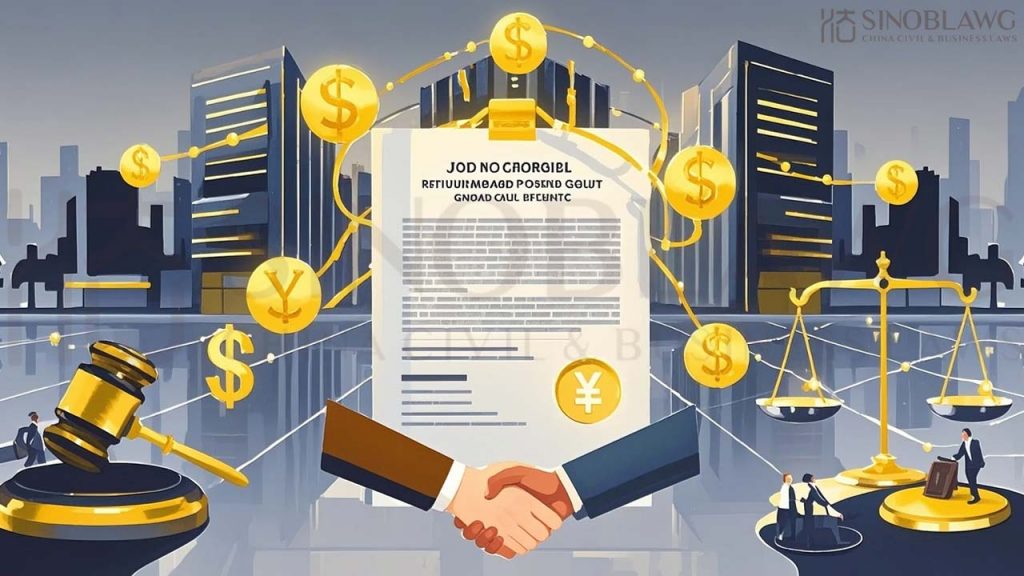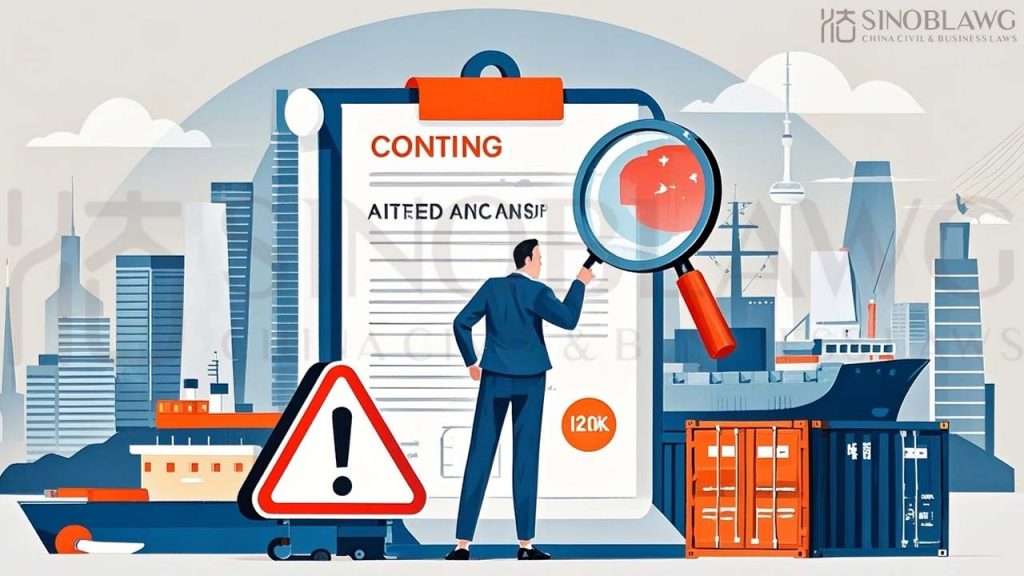Coincidentally enough, I am approached by two clients respectively from UK and US for advice on their situations where they are deceived by two fraudulent Chinese suppliers both selling second-hand machinery to the overseas market. Fancy enough that both of the two clients bought machinery for Iraq market.
They both were defrauded because they don’t know who they are trading with in China, the most basic due diligence that should be conducted before making deals with Chinese counterparts.
The lesson that is worthy of note is drawn from the second case: the client was apparently attracted by the nice website of the seller, and upon agreement of basic terms of the deal after seeing the pictures of the machine, the client wired the price of USD 100,000 to the Chinese seller for a set of second hand construction machine. After arrival of the money into a personal bank account designated in the contract, the seller, a company, told the client that the machine was sold to others and they would be looking for alternative machine for the client, which has not materialized by far after months. In the end, the person at the Chinese seller told the client that her company is now insolvent and unable to repay the money, which made the client nervous and realized that he needed a Chinese lawyer now.
I am not surprised to receive such an inquiry simply because there are too many frauds of this kind.
After an initial search about the company whose corporate seal appeared on the contract with the client, I found that this is a company registered in a county in Anhui province with a registered capital of only RMB 100,000 or USD 15,000. Given this is such a small company, it is very likely that the company will simply apply to court to declare itself bankrupt in order to escape the debt owed to the client. Though legally there may be legal ground to pierce the corporate veil of this Chinese company to hold its shareholders accountable for the debts, it will be a very tough task to achieve this goal. Besides, this will make it a lengthy process to collect the money back.
There are many foreign traders who are often not sophisticated enough to identify possible pitfalls when trading with Chinese companies many of which are just equivalent to shell companies only.
Just today, I got another email asking me to verify a company in Shanghai which used its English name when signing the contract with the client from abroad. The client is not sure whether the English name is true or not and wanted to know the legal effect of using an English name by a Chinese company.
Again it is about knowing your business counterparts in China. Obviously, this company is more prudent and careful.
Chinese companies do not have official English names, though most Chinese companies have English names when dealing with foreigners for purpose of easy reference by their foreign counterparts. The rules allow the companies in China to register their names in Chinese language only. So when you deal with Chinese companies, make sure they use their official Chinese names on the contract or by reference to their Chinese names appearing on their business licenses.
Equally important for foreigners to know is that Chinese companies generally use corporate seals to execute business contracts in China. Under Chinese laws, stamping/chopping of the red corporate seal on a contract can legally bind the company to the terms of the contract. To be more vigilant, foreign traders may ask the legal representatives (click here for more about the concept of legal representative in China) of Chinese companies to sign on the contracts on behalf of the companies instead of affixing corporate seals on the said contracts. In this case, you need to make sure who are the legal representatives.





Comments